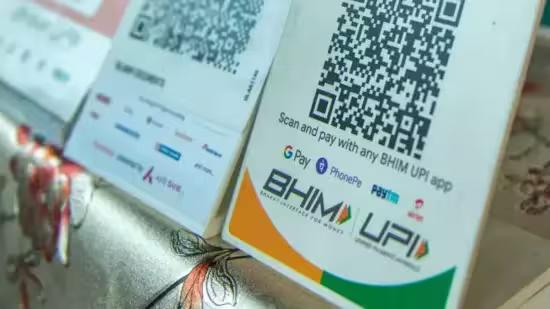
Trinidad & Tobago becomes the first Caribbean nation to adopt UPI
In a significant development, Trinidad and Tobago has become the first Caribbean country to adopt Unified Payments Interface (UPI), India’s flagship digital payment platform. This milestone was achieved during Prime Minister Narendra Modi’s two-day official visit to the Caribbean nation. The adoption of UPI is a significant step forward in the digital payment landscape of Trinidad and Tobago, and it marks a new era of collaboration between the two countries.
UPI is a real-time payment system developed by the National Payments Corporation of India (NPCI), which enables peer-to-peer transactions between banks and other financial institutions. It allows users to send and receive money using a unique identifier, such as a mobile number or a virtual address. UPI has revolutionized the way people make payments in India, with over 1 billion transactions taking place every month.
The adoption of UPI in Trinidad and Tobago is a significant achievement, not only for the country but also for the entire Caribbean region. It demonstrates the potential of Indian technology to benefit economies globally and sets a new standard for digital payment systems in the region.
During Prime Minister Modi’s visit, Trinidad and Tobago and India agreed to explore further collaboration in the implementation of India Stack solutions, including DigiLocker, e-Sign, and Government e-Marketplace (GeM). India Stack is a set of APIs that allows for the creation of a robust digital infrastructure, enabling various digital services to be built on top of it. DigiLocker is a digital locker service that allows users to store and access their documents online, while e-Sign is an electronic signature service that enables secure digital signatures. GeM is an e-commerce platform that enables government departments and public sector undertakings to procure goods and services.
The collaboration between Trinidad and Tobago and India is expected to have a significant impact on the digital payment landscape of the Caribbean region. It will enable the region to leverage India’s expertise in digital payments and adopt best practices in payment systems. This will not only enhance the efficiency of payment systems but also promote financial inclusion and transparency.
Trinidad and Tobago is not the only country to have adopted UPI. Bhutan, Nepal, and the United Arab Emirates have also joined the UPI network, making it a truly global platform. The adoption of UPI by Trinidad and Tobago is a testament to the growing recognition of India’s digital payment solutions globally.
The adoption of UPI is expected to have several benefits for Trinidad and Tobago, including:
- Improved efficiency: UPI is a real-time payment system that enables transactions to be processed instantly, reducing the time and effort required for payment processing.
- Increased financial inclusion: UPI is designed to be user-friendly and accessible, enabling more people to access financial services and participate in the economy.
- Enhanced security: UPI uses advanced security protocols to ensure the integrity of transactions, reducing the risk of fraud and cyber attacks.
- Increased competition: The adoption of UPI is expected to increase competition in the digital payment market, driving innovation and reducing prices.
In conclusion, the adoption of UPI by Trinidad and Tobago is a significant milestone in the digital payment landscape of the Caribbean region. It demonstrates the potential of Indian technology to benefit economies globally and sets a new standard for digital payment systems in the region. The collaboration between Trinidad and Tobago and India is expected to have a significant impact on the digital payment landscape of the Caribbean region, promoting financial inclusion, transparency, and efficiency.






